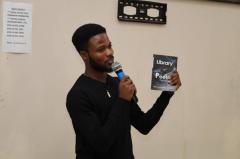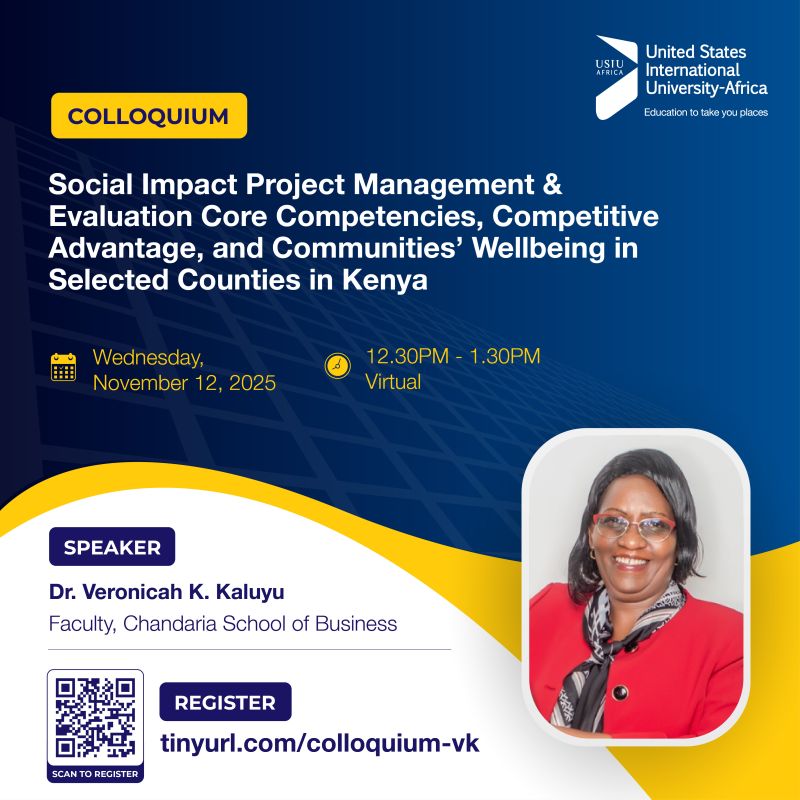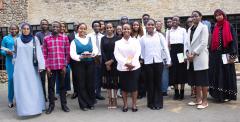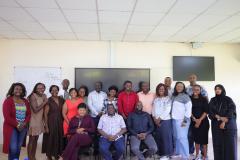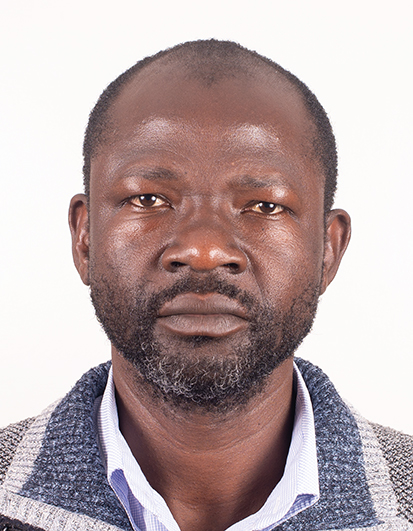VCs Weekly Higher Education Digest: November 12, 2018
EAST AFRICA: The dangerous rise of neo-liberal universities By Wachira Kigotho UNIVERSITY WORLD NEWS
A new school of thought is emerging in East Africa which challenges the rise of the academic capitalism inspired by rabid marketisation of university programmes and challenges the idea of the current university system as an effective vehicle for social and economic development. Crystallizing around Ishmael Irungu Munene, a Kenyan scholar and professor of education at Northern Arizona University in the United States, the theorists are troubled by the vocationalisation of the higher education curriculum and a focus on offering more academic programmes as opposed to basic and fundamental degree courses.
http://www.universityworldnews.com/article.php?story=20181108130628468
Universities must lead on Sustainable Development Goals By Lennart Levi and Bo Rothstein UNIVERSITY WORKD NEWS
Universities need to start to become ethical leaders by looking first at themselves…. To deliver the badly needed SDGs and targets, we need trustworthy, ethical, honest and impartial government institutions that exercise public power, oversee policies fairly and take into account their range, complexity and occasional incompatibility. These institutions are much more likely to promote trust and social capital which in turn improves health and well-being. Tackling corruption is vital.
http://www.universityworldnews.com/article.php?story=20181106131352348
The making of university rankings – Has anything changed? By Tia Loukkola UNIVERSITY WORLD NEWS
With the academic year now in full swing, and most university rankings published – the latest being the US News and World Report’s 2019 Best Global Universities ranking on 30 October – higher education leaders around the world are looking at where they stand in comparison to their peers. Each year some universities lose ground while others gain and there is always an abundance of commentary about the rankings and their methodologies. But has anything really changed over the years in the way they are compiled?
http://www.universityworldnews.com/article.php?story=20181108091550772
The benefits and challenges of international research collaboration By Bryan Owens UNIVERSITY AFFAIRS CANADA
Working with international colleagues can provide new insights and even a career boost, but it takes patience and planning. Academic research is becoming ever more international. Whether it is to gain access to specialized equipment, develop new ideas or tap into new sources of funding, researchers are reaching out to their colleagues around the world, and their work is better for it.
Harness science for growth, African leaders are told By Joy Ndovi UNIVERSITY WORLD NEWS
Africa's success relies on its capability to harness its demographic dividend by equipping its youth with the technological and innovative skills which, in the longer term, will be a catalyst for economic growth, a recent African Union gathering of 10 heads of state heard.
http://www.universityworldnews.com/article.php?story=20181109141105118
The Learner Revolution and What It Means for Higher Education INSIDE HIGHER EDUCATION
At a time when universities are responding to the digital revolution in learning by offering multiple start dates, competency-based degrees and online-delivered curricula based on a changing economy, the admission process and its criteria, particularly at the master’s level, seems stuck in the past.
https://www.insidehighered.com/sponsored/learner-revolution-and-what-it-means-higher-education-0
Social entrepreneurship gains ground on Canadian campuses By Anqi Shen UNIVERSITY AFFAIRS CANADA
An array of new programs gives students an opportunity to tackle issues of importance to their local communities…. Definitions abound when it comes to social entrepreneurship, in part because it is a relatively recent term (even more so in the context of higher education). There are some well-established academic programs in social entrepreneurship in the U.K. and the U.S. And, in the past decade, there’s been a groundswell of programs and initiatives taking shape on Canadian campuses, both within and outside of the formal curriculum.
https://www.universityaffairs.ca/features/feature-article/from-the-classroom-to-the-community/
What role should faculty play in supporting student mental health? By Moira Farr UNIVERSITY AFFAIRS CANADA
In all the strategizing, expanding and refining of services on offer to students who struggle with anxiety, depression or any number of other serious mental illnesses, faculty are asking, where do we fit? It may not always be clear to faculty – both full-time and contract instructors alike – how best to help students succeed academically while also helping them to deal with conditions that may range from ordinary stresses to all-out emotional and psychological crises.
Colleges Teach Students How to Think. Should They Also Teach Them How to Thrive? By Beckie Supiano THE CHRONICLE OF HIGHER EDUCATION
Colleges’ responsibilities to students end at the classroom door. Colleges’ responsibilities extend into every corner of students’ lives. Those are the extreme edges of a spectrum on which colleges have moved back and forth for centuries…. But things like the troubling rates of anxiety and depression among today’s students and the pressure they face to focus on careers make a strong case that students need more help in making meaning and staking out a direction in their lives.
https://www.chronicle.com/article/Colleges-Teach-Students-How-to/244998?cid=wcontentlist
5 Teaching Tips From ‘How Humans Learn’ By Beckie Supiano THE CHRONICLE OF HIGHER EDUCATION
The soon-to-be-released How Humans Learn: The Science and Stories Behind Effective College Teaching (West Virginia University Press, 2018) is an unusual book. Its author, Josh Eyler, who directs the Center for Teaching Excellence at Rice University, is not a scientist: His doctorate is in medieval studies. But he looks to science — particularly human evolution and early-childhood development — to understand the conditions that foster or impede learning, and he applies it to college students.
https://www.chronicle.com/article/5-Teaching-Tips-From-How/245026?cid=wcontentgrid
Are academic or professional editors the best for journals? Rachael Pells TIMES HIGHER EDUCATION
For centuries, academic journals were all run by scholarly societies and edited by the independently wealthy gentlemen amateurs who made up the vast proportion of scholars and scientists. But although research has long since gone professional, most journals are still edited part-time by practising academics on what is in effect an amateur basis, since their salaries are paid not by the publishers but by universities and research organisations.
https://www.timeshighereducation.com/features/are-academic-or-professional-editors-best-journals
US university merger with pre-college partner offers new model By Paul Basken TIMES HIGHER EDUCATION
Already one of the biggest and fastest-growing online providers in the US, Southern New Hampshire University is adding a major new branch to its blossoming empire of prove-you-can-do-it badges and degrees. SNHU, with more than 130,000 undergraduate-level students, is merging with Chicago-based LRNG, another private non-profit operation that specialises in awarding educational credentials that affirm job-specific skills.
https://www.timeshighereducation.com/news/us-university-merger-pre-college-partner-offers-new-model

